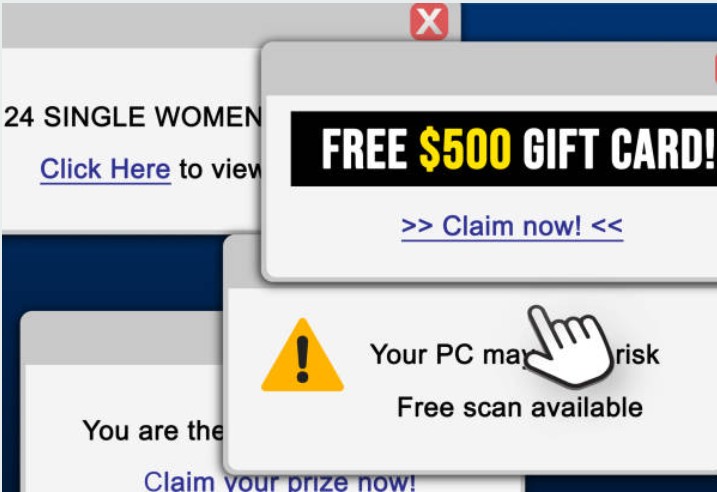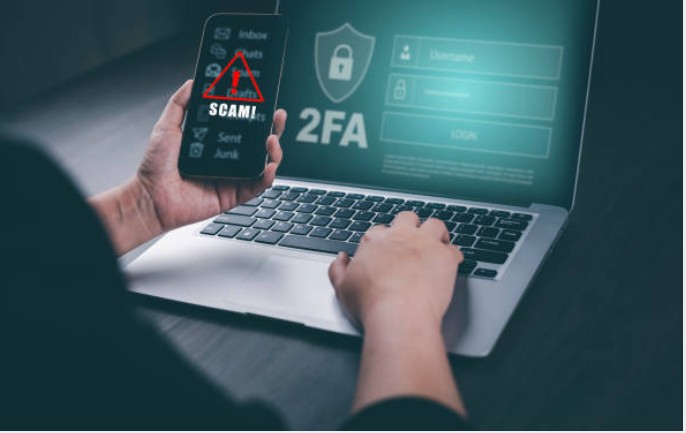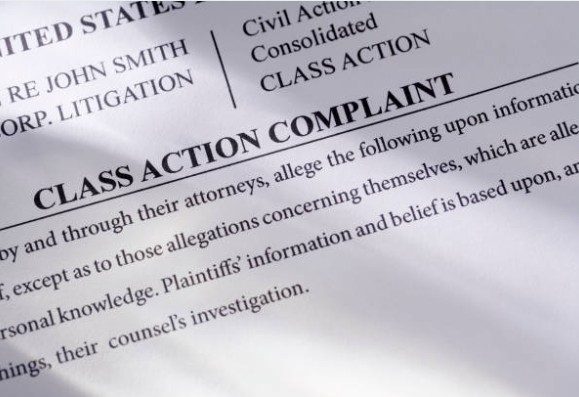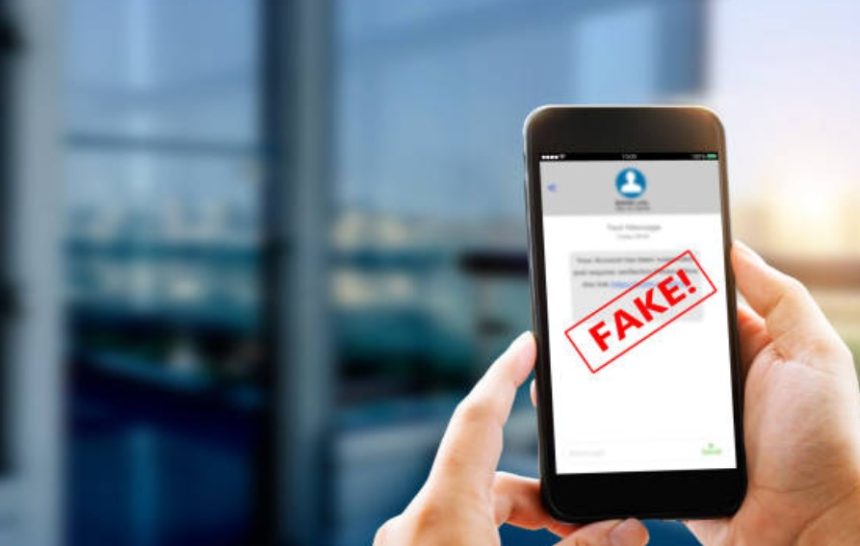Like many people, I turned to Facebook Marketplace during the pandemic when I needed to declutter and pick up some second-hand bargains. At first, it felt like a dream come true—no seller fees, local buyers, and everything integrated into an app I already used daily.
But after just a few weeks, I realized I wasn’t browsing a digital car boot sale—I was navigating a minefield of Facebook Marketplace scams.
In this blog, I want to share what happened to me, the common scams I’ve encountered, and what I’ve learned about staying safe on Marketplace as a UK user.
Why I Started Using Facebook Marketplace—and What Went Wrong?
Initially, I was just looking to sell a few household items. Listing them was quick, and responses came in fast. But that’s when I noticed something odd. A few “buyers” messaged almost instantly, offering full payment—no questions asked.
One even claimed they’d send a courier to pick it up the next day. Seemed too good to be true—and spoiler alert—it was.
The deeper I got into Marketplace, the more I saw how Facebook Marketplace scams weren’t just rare—they were rampant.
What Are the Most Common Facebook Marketplace Scams in the UK?

From dodgy buyers to fake sellers, scammers are active on both sides of the Marketplace. Here are some of the most common traps I’ve seen (and sometimes narrowly avoided):
- Fake Buyer Scams: Often involve overpayment tactics or sending fake payment confirmations via email or text.
- Fake Seller Scams: These typically use low prices to lure you into sending payment—then disappear.
- Courier Scams: Someone claims they’ve arranged a courier and needs you to click a dodgy payment or shipping link.
- Hijacked Accounts: Scammers use hacked or recently created profiles to appear trustworthy.
Table: Common Facebook Marketplace Scams and How They Work?
| Scam Type | How It Works | Red Flags |
|---|---|---|
| Overpayment scam | Buyer “accidentally” sends too much and requests a refund | Overly eager, asks you to send money back |
| Fake payment confirmation | Sends fake screenshots of PayPal/bank transfers | No real funds received, vague or rushed behavior |
| Delivery/courier scam | Links to fake courier sites asking for card or address details | External links, urgency, refusal to meet in person |
| Fake item listing | Too-good-to-be-true prices for electronics or furniture | New account, low price, won’t meet locally |
My Personal Encounter with a Facebook Marketplace Scam
I was selling a gaming chair—not cheap, but not outrageous either. Within minutes of posting, a buyer messaged saying they’d pay in full and send a courier to collect.
They asked for my email to “send a PayPal confirmation.” Sure enough, an email came through—except it was from a dodgy Gmail address, not PayPal. The message said payment was “on hold” and would only release once I provided shipping confirmation.
That’s when I paused. I checked my actual PayPal—no payment. The email was fake. A quick search confirmed it was part of a Facebook Marketplace scam targeting UK sellers.
I dodged that one, but it rattled me.
How to Spot a Facebook Marketplace Scam Before It’s Too Late?
 Since then, I’ve become a bit of a Marketplace detective. Here’s what I look out for every time I list or respond to an ad:
Since then, I’ve become a bit of a Marketplace detective. Here’s what I look out for every time I list or respond to an ad:
- Poor grammar or robotic messages (often copied and pasted)
- New Facebook accounts with little or no profile info
- Eagerness to close the deal immediately without any questions
- Reluctance to meet in person or accept cash
- Links to third-party courier or payment sites (big red flag)
When in doubt, I trust my gut—and if something feels off, I walk away.
Is Facebook Marketplace Safe in the UK?
The truth is, that Facebook Marketplace can be safe, but only if you’re cautious. Facebook offers basic protections, but it’s not eBay. There’s no official buyer/seller guarantee, and most of the safety is left up to you.
Some key things I’ve learned:
- Always meet in well-lit, public locations
- Don’t hand over goods until you’ve received payment
- Avoid sending money in advance—especially through bank transfer
- If something seems too good to be true—it probably is
It’s a useful platform, but you have to be aware that scammers are out there, and they’re getting smarter.
What Should You Do If You Get Scammed on Facebook Marketplace?

Unfortunately, scams do happen. If you’ve been caught out, here are the steps I recommend based on my own research and experience:
- Report the user on Facebook – Go to their profile and click “Find Support or Report”.
- Block them – Stop any further contact immediately.
- If you sent money – Contact your bank or PayPal right away to try and reverse the payment.
- Report to Action Fraud – The UK’s national fraud reporting center: actionfraud. police.uk
- Post in local community groups – Sometimes scammers hit multiple people in one area.
I reported the scammer I encountered and posted screenshots in my local Facebook group. Turns out, three other people had heard from them too.
Final Thoughts: Should You Still Use Facebook Marketplace?
Honestly? Yes—but with caution.
I still use Facebook Marketplace regularly. It’s a great way to buy and sell locally, save money, and reduce waste. But now, I’m a lot more vigilant.
Here’s what I follow every time now:
- Cash on collection only, unless I know the person
- Never share email addresses or click courier links
- Trust my instincts—if something feels off, I move on
With a little awareness and a few safety habits, it’s possible to avoid most Facebook Marketplace scams. Hopefully, my experience helps you spot the red flags before it’s too late.






